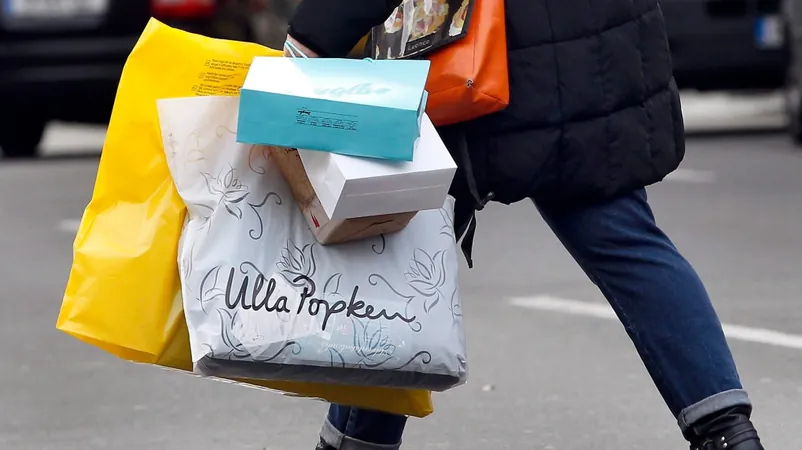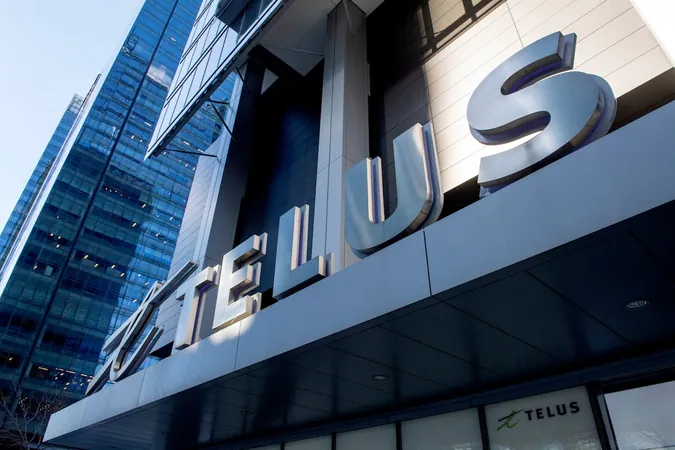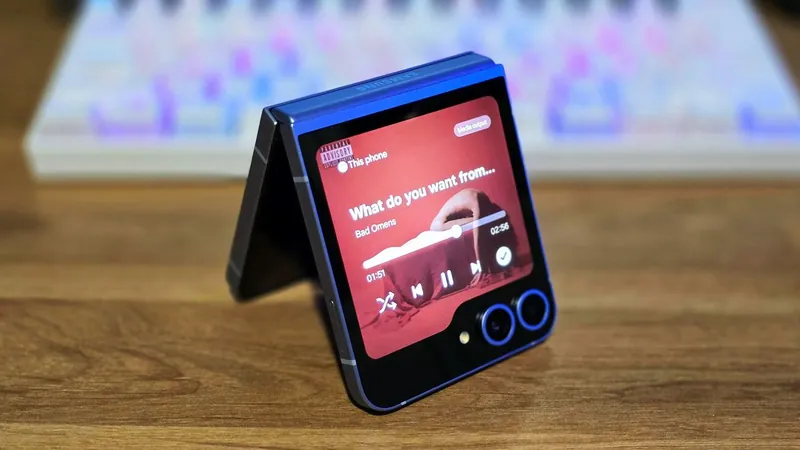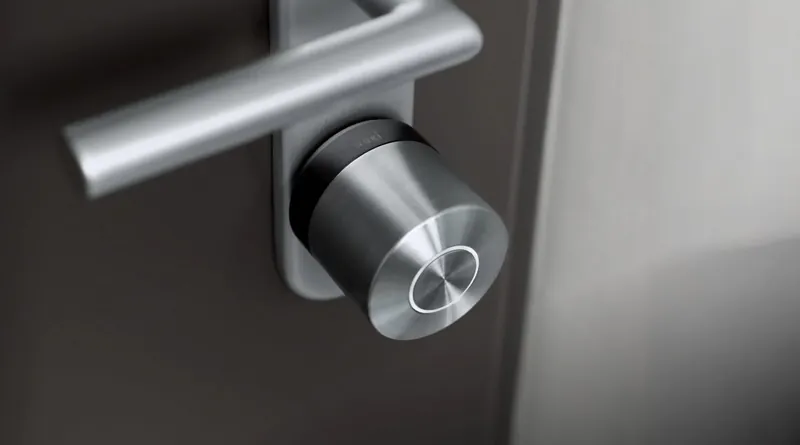
Are You Doom Spending? Here's Why Anxiety is Driving Your Shopping Habits
2024-11-10
Author: Sophie
Kelsea Palm, a student at Wheaton College, found herself feeling particularly anxious as the presidential election drew near. In search of solace, she and a friend indulged in a shopping spree in Massachusetts, which ended with Kelsea impulse-buying a purse. "It was about feeling a semblance of control, given the chaos around us. Voting felt inadequate, but a new bag brought a moment's happiness," Kelsea explained.
Interestingly, Kelsea's experience isn't unique. A growing number of Americans are engaging in what's known as "doom spending"—the act of splurging in response to stress induced by political uncertainties or economic fears. This phenomenon has gained traction across social media platforms like TikTok and Reddit, highlighting a trend where younger generations, particularly Gen Z and millennials, feel compelled to reward themselves now rather than wait for an uncertain future.
Recent surveys, including one conducted by Axios, reveal that a significant portion of the population feels uneasy about their financial futures. Despite an ostensibly strong economy—characterized by low unemployment and manageable inflation—many Americans are wary, leading them to prioritize immediate gratification over prudent savings.
Experts warn that this behavior could jeopardize long-term financial stability. Courtney Alev, a consumer financial advocate, notes that a staggering third of Americans struggle to save money due to ongoing anxieties. “Emotions can cloud our judgment when it comes to financial decisions,” she cautioned. The current economic landscape might present as optimistic, but many are still grappling with high grocery prices and soaring housing costs, fostering a less than rosy outlook on their finances.
This financial angst has been linked to the alarming rise in credit card debt. According to a recent Bankrate survey, half of American cardholders are now carrying debt month-to-month. The third quarter of this year even saw credit card delinquencies hit levels not seen since before the pandemic—a worry that many attribute to high interest rates which recently saw a welcome cut from the Federal Reserve.
Moreover, the internet's constant barrage of negative news compounds this anxiety, especially among younger consumers. Bankrate’s data indicates that over half of Americans feel inundated with bad news online, which only heightens stress and prompts unnecessary spending. Aja Evans, a financial therapist, highlights how social media can induce feelings of despair, pushing consumers toward impulsive purchases as a temporary reprieve.
With the election now in the rearview mirror, experts anticipate that younger Americans will spend even more time online, often triggering further doom spending as they process the results. Interestingly, political allegiance can heavily influence economic sentiment—historical data shows that feelings of economic well-being tend to fluctuate with the political landscape.
The good news? There are ways to curb doom spending. Aja Evans advises cultivating self-awareness about one's financial habits and beliefs. Taking breaks from the internet and reconnecting with nature can offer much-needed perspective beyond the ever-looping news cycle. Engaging in alternative coping mechanisms—like exercising, pursuing hobbies, or reaching out to friends—can provide the dopamine boost that shopping often seeks to fulfill.
Ultimately, spending can be healthy, especially on necessities or small treats. The key lies in recognizing the difference between a sensible splurge and a reactionary purchase fueled by anxiety. Learning to navigate these emotions can empower consumers to reclaim control over their spending habits and financial futures. So the next time anxiety knocks, consider reaching for a walk instead of your wallet!









 Brasil (PT)
Brasil (PT)
 Canada (EN)
Canada (EN)
 Chile (ES)
Chile (ES)
 España (ES)
España (ES)
 France (FR)
France (FR)
 Hong Kong (EN)
Hong Kong (EN)
 Italia (IT)
Italia (IT)
 日本 (JA)
日本 (JA)
 Magyarország (HU)
Magyarország (HU)
 Norge (NO)
Norge (NO)
 Polska (PL)
Polska (PL)
 Schweiz (DE)
Schweiz (DE)
 Singapore (EN)
Singapore (EN)
 Sverige (SV)
Sverige (SV)
 Suomi (FI)
Suomi (FI)
 Türkiye (TR)
Türkiye (TR)